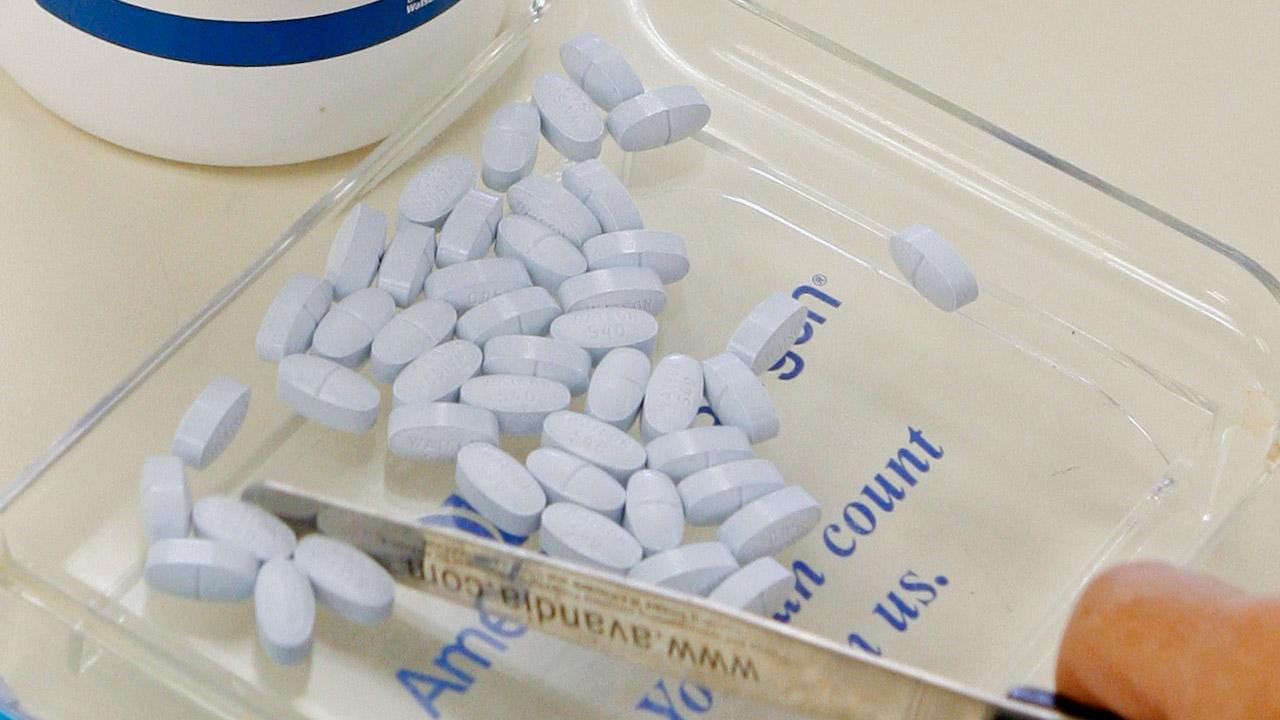Fed up that Missouri is the only state that doesn’t track the prescription and sale of opioids, some of its biggest cities and counties have created their own monitoring system to help combat the increasingly popular and highly addictive drugs.
Forty-nine states have established prescription drug monitoring programs, or PDMPs, which require pharmacies to report controlled substances dispensed to an electronic database. Advocates say monitoring helps stop “pill shopping” by people who seek multiple prescriptions from several doctors, either to feed their own addictions or to re-sell the drugs. They also can flag physicians who might be overprescribing such drugs.
Although the Missouri Legislature had considered adopting a drug monitoring program several times, it has always opted against doing so, largely over privacy concerns, including the potential for health records to be hacked.
Leaders of St. Louis County, the city of St. Louis, Jackson County, St. Charles County and a few non-urban counties have banded together to start their own monitoring program, which is scheduled to go online next month. Though the consortium includes only a small percentage of Missouri’s 115 counties, it covers nearly 2.5 million of the state’s 6 million residents.
“We know that prescription drug monitoring programs are vital to help combat the opioid epidemic,” Jackson County Executive Frank White Jr. said. “Jackson County is doing everything we can to help fight prescription drug abuse in our area, and we will continue until the state establishes its own program.”

(Image credit: Associated Press)
There were more than 33,000 deaths related to heroin or prescription opioids in the U.S. in 2015, including 1,066 in Missouri, according to the Centers for Disease Control and Prevention, which considers it a public health crisis. The CDC says prescription drug monitoring programs have succeeded at their goals: Florida had more than 50 percent fewer oxycodone overdose deaths in 2012 after its program began and New York State saw a 75 percent drop in patients visiting multiple prescribers for the same drug in 2013, a year after its program was established.
After St. Louis County began developing its own PDMP last year, St. Louis city and other counties soon joined in. St. Louis County Executive Steve Stenger said “dozens” of other counties have expressed interest.
The program will cost St. Louis County about $78,000 annually. Other jurisdictions pay based on their number of pharmacies and physicians. The annual price is expected to range from just a few hundred dollars for smaller counties to $41,000 annually for the city of St. Louis.
Stenger said Missouri has become something of a tourist destination for prescription drug abusers because of the lack of a PDMP.
“We’re trying to hit this in every angle we can, and one really important angle is prevention,” said Stenger, a Democrat who knows the value of prevention. His 25-year-old nephew, Mitch Stenger, died after overdosing on heroin in 2014 — an addiction that began with prescription drugs.
“It was just a tragedy that my family will never get over, and it just gave me an up-close perspective of the devastation that opioid addiction and heroin addiction can have on a family,” Stenger said.
Despite the successes of monitoring programs elsewhere, efforts to establish statewide program in Missouri have repeatedly failed, thanks largely to Republican state Sen. Rob Schaaf. The St. Joseph doctor is concerned about the potential for government invasion of privacy and the theft of health records, pointing to such hacks in several states including Virginia, where hackers obtained more than 8.2 million patient records in 2009.
Schaaf said he thinks the effectiveness of monitoring is overblown and that abusers who can’t get prescription drugs simply turn to heroin or other street drugs.
In something of a surprise move, Schaaf introduced a bill this session that would establish a PDMP. His proposal, though, would not give medical professionals direct access to patient records. Instead, a computer would track potential abuse. Doctors would have access only if a name is red-flagged.
“The people of Missouri highly value their privacy,” Schaaf said. “I’m trying to find a compromise.”
The Missouri Medical Association called Schaaf’s proposal a “fake PDMP.” Stenger also believes the proposal is flawed. The county consortium plan, he said, will move ahead.
“Our program is vastly different and, I believe, will be much more effective,” Stenger said.




